iOS Developer Library: Getting Started
iOS Developer Library: Getting Started
Learn the basics about iOS development by reading these Getting Started documents.
Edit Your Source Code Files
Design Your User Interface Components
Run Your Application
Improve the Performance of Your Application
Distribute Your Application
Learn the basics about iOS development by reading these Getting Started documents.
iOS Overview
iOS is the operating system that runs on iPhone, iPod touch, and iPad devices.iOS Technology Layers
- Cocoa Touch The Cocoa Touch layer contains the key frameworks for building iOS applications. You should investigate the technologies in this layer first to see if they meet your needs.
- High-Level Features
- Multitasking
- Printing
- Data Protection
- Apple Push Notification Service
- Local Notifications
- Gesture Recognizers
- File-Sharing Support
- Peer-to-Peer Services
- Standard System View Controllers
- External Display Support
- Cocoa Touch Frameworks
- Address Book UI Framework
- Event Kit UI Framework
- Game Kit Framework
- iAd Framework
- Map Kit Framework
- Message UI Framework
- UIKit Framework
- Media
- Core Services
- Core OS
- Xcode Tools
- Xcode—an integrated development environment that manages your application projects and lets you edit, compile, run, and debug your code. Xcode integrates with many other tools and is the main application you use during development.
- Interface Builder—a tool you use to assemble your user interface visually. The interface objects you create are saved to a special type of resource file and loaded into your application at runtime.
- Instruments—a runtime performance analysis and debugging tool. You can use Instruments to gather information about your application’s runtime behavior and identify potential problems.
- iOS Simulator
- iOS Developer Library
Writing Code for iOS
As you start development, the frameworks you want to use initially are the Foundation and UIKit frameworks.Where to Start
Tools for iOS Development
Manage Your WorkEdit Your Source Code Files
Design Your User Interface Components
Run Your Application
Improve the Performance of Your Application
Distribute Your Application
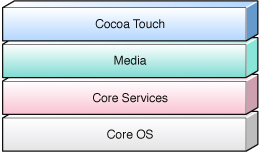
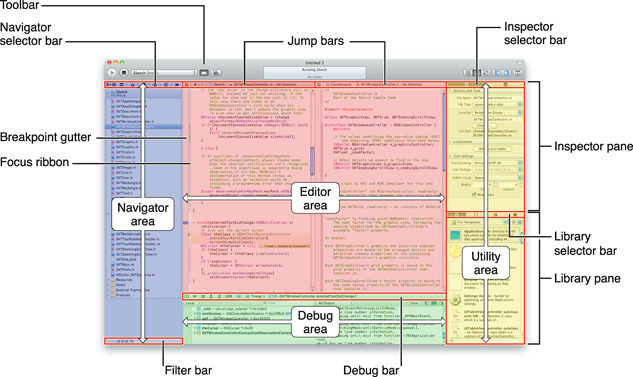
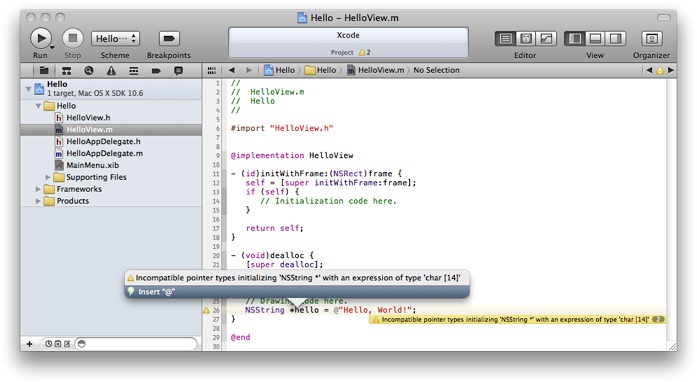
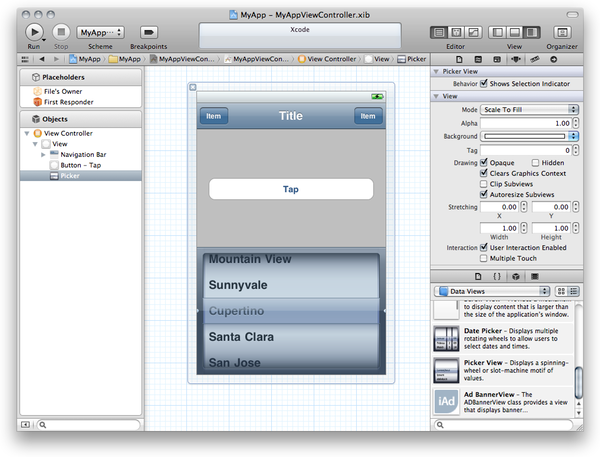
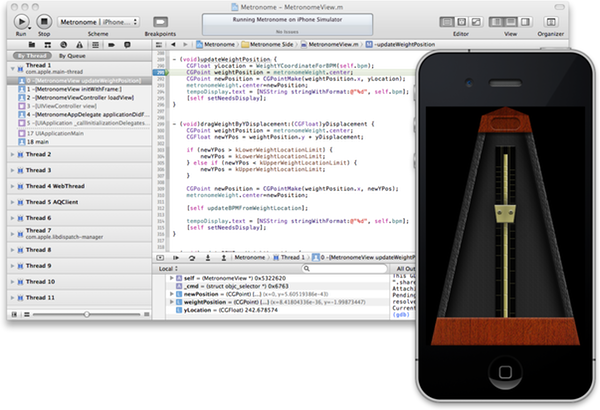
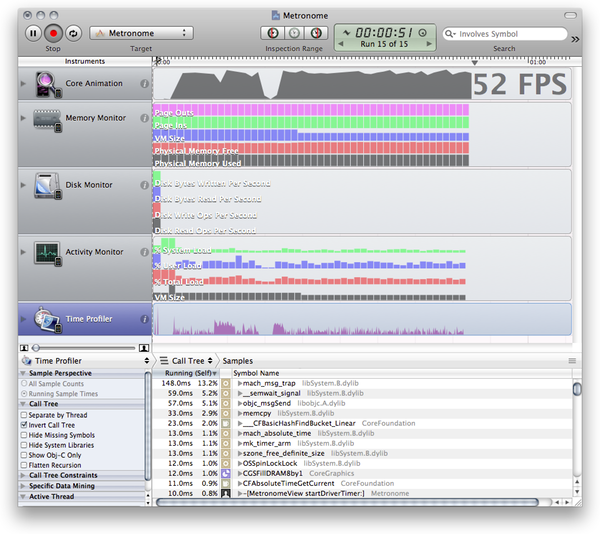
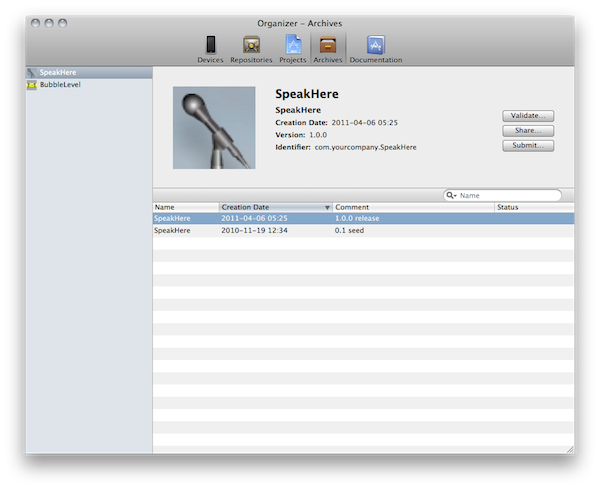

留言